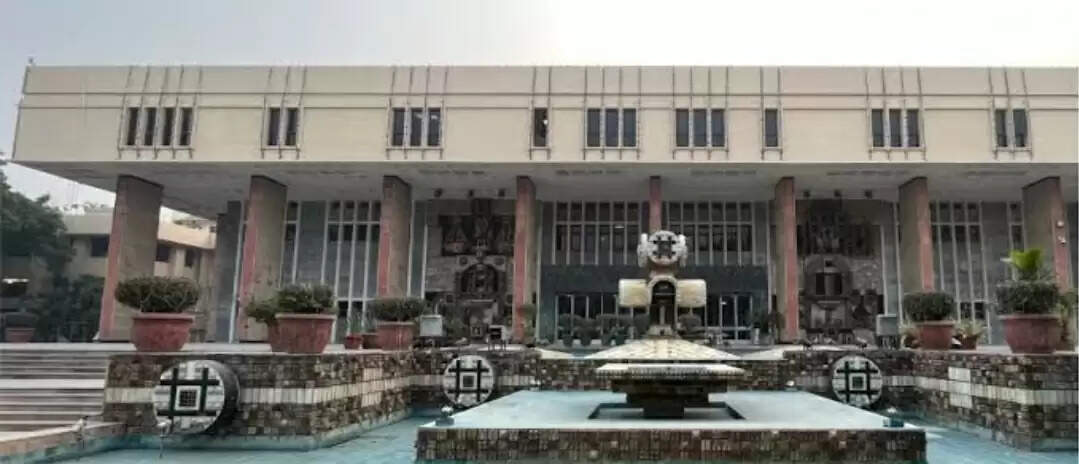Delhi HC sets aside money laundering case against Bhushan Power and Steel
The Delhi High Court has set aside the money laundering case against Bhushan Power and Steel Ltd (BPSL). The Enforcement Directorate (ED) had accused the company of financial irregularities and money laundering. However, the court ruled that the case could not be sustained following the Supreme Court’s decision, which stated that money laundering proceedings cannot continue if the underlying scheduled offense is quashed or closed.
The verdict comes as a major relief for BPSL, which had been facing legal scrutiny over alleged financial misconduct. The ruling reinforces the legal principle that money laundering charges must be based on a valid and existing predicate offense.
Feb 8, 2025, 21:07 IST

Delhi HC Sets Aside Money Laundering Case Against Bhushan Power and Steel
The Delhi High Court has quashed the money laundering case against Bhushan Power and Steel Ltd (BPSL), marking a significant legal victory for the company. The case was initiated by the Enforcement Directorate (ED), which had accused BPSL of financial misconduct and money laundering. However, the High Court ruled in favor of the company, citing legal precedents and the lack of a valid predicate offense.
Background of the Case
Bhushan Power and Steel Ltd, once one of India's leading steel manufacturers, came under scrutiny for alleged financial irregularities. The ED had initiated an investigation under the Prevention of Money Laundering Act (PMLA), 2002, following accusations of bank fraud and misuse of funds. The case was linked to alleged financial mismanagement involving over ₹47,000 crore in loans, with claims that BPSL had diverted funds and engaged in fraudulent transactions.
Court’s Ruling and Key Observations
The Delhi High Court’s decision to set aside the case was based on the Supreme Court’s earlier ruling, which established that money laundering proceedings cannot continue if the underlying (predicate) offense is quashed or closed. Since the predicate offense (the original crime that led to the money laundering charges) did not hold legal ground, the PMLA charges against BPSL could not stand.
The court emphasized the following points:
1. No Predicate Offense – Money laundering charges require a scheduled offense under PMLA, which was not substantiated in this case.
2. Legal Precedent – The ruling aligns with previous Supreme Court decisions that restrict the ED from proceeding with cases where the predicate offense is dismissed.
3. Relief for BPSL – With this judgment, all legal proceedings related to money laundering against BPSL have been nullified.
Impact of the Judgment
The ruling is seen as a major setback for the Enforcement Directorate, which has been actively pursuing financial fraud cases. It also sets an important legal precedent for companies and individuals facing similar allegations under PMLA. The decision provides clarity on the limitations of the ED’s powers and reinforces that money laundering cases cannot exist independently without a valid primary offense.
For Bhushan Power and Steel Ltd, this judgment is a significant relief, especially as the company has undergone insolvency proceedings and was acquired by Tata Steel in 2021 under the Insolvency and Bankruptcy Code (IBC), 2016.
Conclusion
The Delhi High Court’s decision to quash the money laundering case against BPSL highlights the importance of due process in financial investigations. It underscores the principle that money laundering charges must be based on a legally sustainable predicate offense. While this verdict provides relief to BPSL, it also raises questions about the future approach of the ED in handling corporate financial fraud cases.
